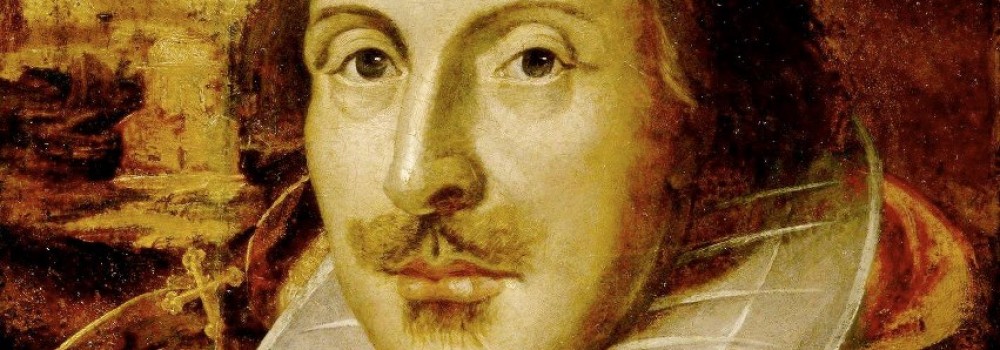Ugh. I have literally put this off all day.
So, at first I was thinking I would say how “time reveals truth” and quote Viola’s speech in Act II, then the revelations that take place in Act V. But, that’s a no brainier. It’s a comedy, for crying out loud. It’s not anything like the nature of Cymbeline’s revelations, and I’m not quite sure I have a solid understanding myself about what this reveals about truth itself, if anything at all.
So, what do we have here? Well, I really just want to pose a few questions about what’s in a name. The play’s name: Twelfth Night (it’s also called “What You Will,” but I don’t like that name as much, because this play is nothing that I would have willed.)
Sir Toby (however, on my Kindle edition, it’s Feste) sings, “O’ the twelfth day of December–“(II.iii.84 which is cut off by Maria. Now, songs are important, particularly in a play that begins speaking about songs and their relation to love. My inner Literature major is irking me to bring up the importance of December, the idea of the twelve days of Christmas (which would make sense that the play would be more happily named Twelfth Night, since the emphasis of the feast of the twelve days of Christmas deal with a particular night, revealing a particular truth, etc., etc.), but of course, that’s a knee jerk reaction from someone who’s trying to see beyond the face value of this play and having a difficult time.
Well, “now that’s done, and I’m glad it’s over,” and tomorrow begins Two Gentlemen of Verona.








